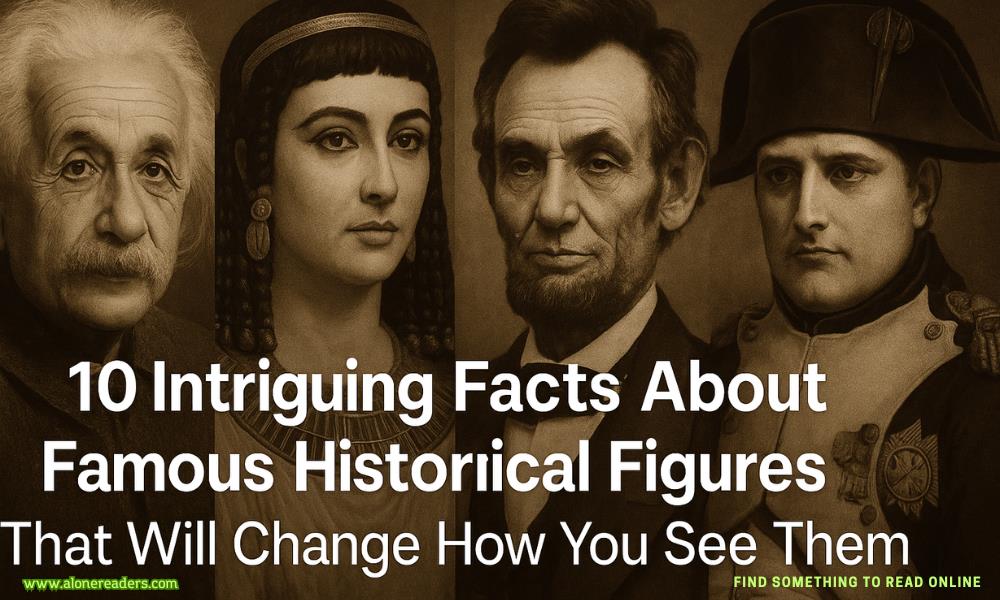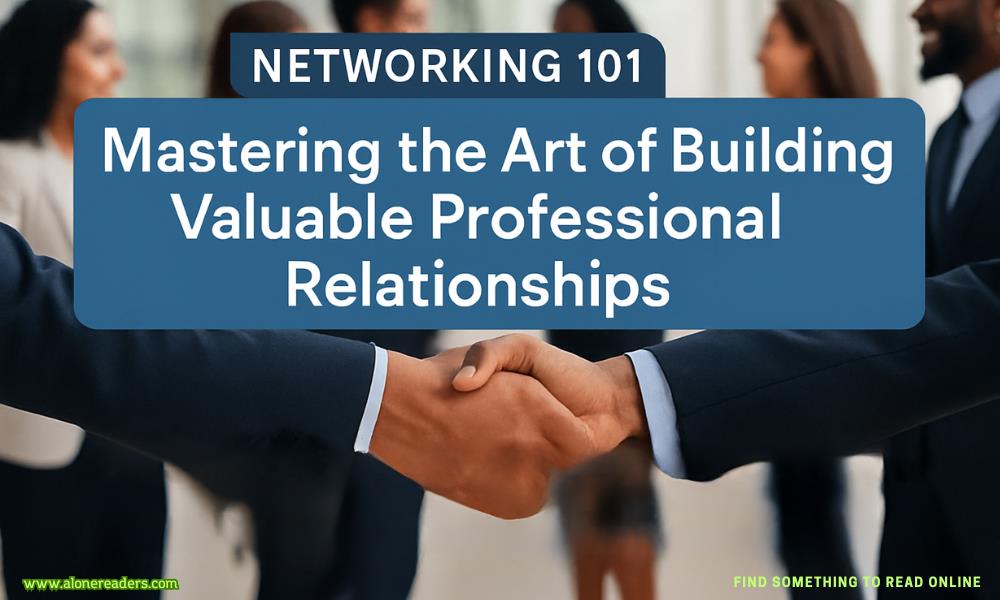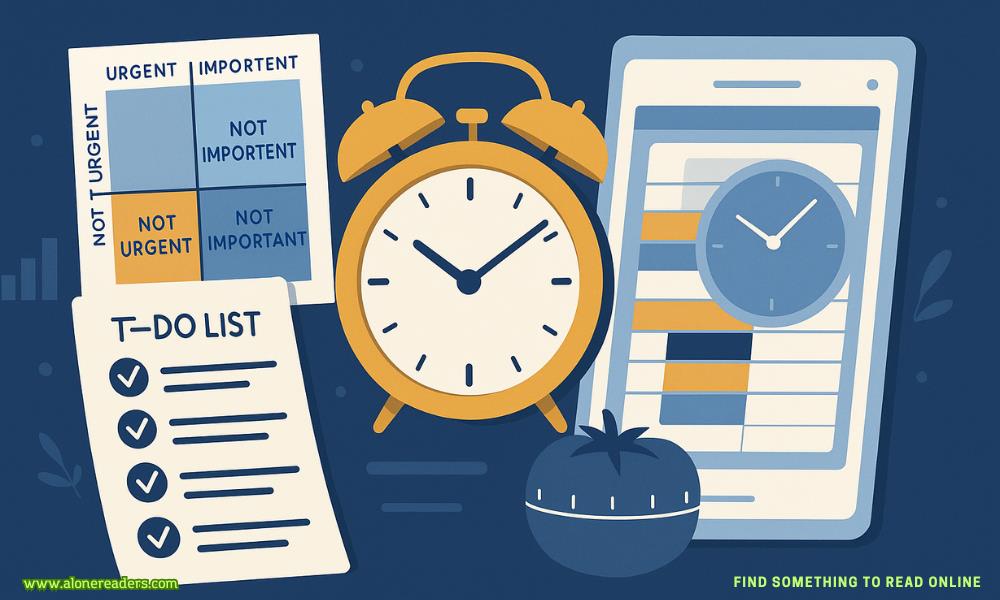Page 53 of Born in Fire
Red flags. So many red flags.
My therapist’s voice swirls in my head:“Trust what you observe, not what you’re told.”
I observed the impossible.
My phone lights up on the coffee table, Dorian’s name flashing on the screen. My heart lurches painfully against my ribs. For a moment, I consider letting it go to voicemail. What could he possibly say that would make any of this make sense?
But clarity requires communication. That’s another therapy lesson.
I answer on the fourth ring, my voice steadier than I feel. “Hello.”
“Juno.” The relief in his voice is tangible, as if he feared I might never answer. “Are you okay?”
“I’m processing.” I sit on the edge of the couch, perched like I might need to flee at any moment. “I meant what I said earlier. I need space, Dorian.”
“I know.” He pauses, and I hear him take a deep breath. “I just needed to make sure you were safe after what happened with Tyler.”
His voice deepens slightly when he mentions Tyler’s name, something guttural entering his tone. The sound sends an odd shiver down my spine—not entirely from fear.
“I’m fine. The security system is working.” I glance at the new cameras and motion sensors installed just days ago. “It’s not Tyler I’m concerned about right now.”
The silence stretches between us as he processes that. The implied meaning is clear: I’m not concerned about Tyler; I’m concerned abouthim.
“Have you noticed anything unusual online?” he asks abruptly. “Social media, news sites, anything?”
The question is so incongruous that it momentarily derails my thoughts.
“What? No. I haven’t been checking social media. That’s hardly my priority right now.”
“Right. Of course.” He sounds relieved, which makes no sense.
“Dorian, we need to talk about what happened. What I saw.”
“I know.” His voice is tight. “It’s complicated.”
“Everything’s complicated.” I stand again, unable to remain still. “But some things are also simple. Like honesty. Like trust.”
I pace to the window, looking out at the street below. My apartment feels simultaneously too small and too exposed. It feels like the walls themselves might be listening.
“I want to explain something to you,” I say finally, coming to a decision. He came to my defense, after all. I owe him some kind of explanation. “About me. About why what happened is… particularly difficult for me to process.”
“I’m listening.” The gentleness in his voice nearly breaks my resolve.
I take a deep breath, steeling myself. This isn’t a story I share easily, but context matters now.
“When my parents died, I was devastated. They were everything to me—my only family, my best friends.” My voice wavers slightly. “I was completely alone for the first time in my life, drowning in grief and practical matters—funeral arrangements, their estate, their house full of memories I couldn’t bear to face.”
I pause, gathering strength for what comes next.
“That’s when Tyler stepped in. He was charming, attentive, seemingly perfect. He brought me food when I forgot to eat. He helped with paperwork. He sent flowers every day—lilies, my mother’s favorite.” The memory of those same lilies at my doormakes me shudder. “He told me I was beautiful, strong, amazing—all while I was at my absolute worst. It felt like a miracle.”
Dorian remains silent, listening.
“We moved in together after three months. It seemed fast, but he was so concerned about me being alone in my grief. Said he couldn’t bear the thought of me crying by myself at night.” I laugh bitterly. “By six months, I barely spoke to any of my friends. There was always some reason we couldn’t see them—they were ‘using’ me or ‘disrespecting’ our relationship, or he’d create a conflict that made spending time with them so stressful that I stopped trying.”
My fingers find my cuticles, picking unconsciously until I catch myself and press my palm flat against the window glass.
“He monitored my phone. Checked my emails. Questioned every male name that appeared in my contacts. All from a place of ‘concern,’ of course.” The words flow easier now, clinical and detached. “Then other behaviors started. He criticized my clothes, my interests, my art. Said nobody made a living out of art. Then made it impossible for me to actually create anything.”















